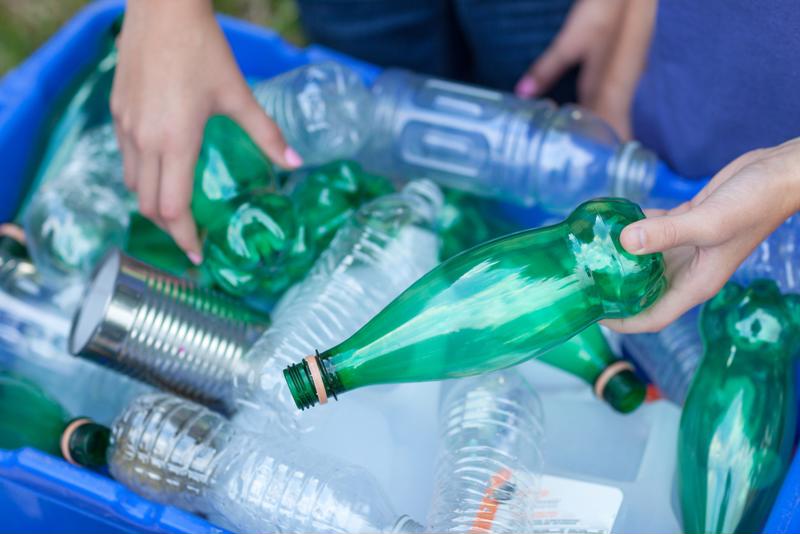People may not think much of what happens to their used recyclable products after they sort them into the appropriate bins. However, the supply chain to move recyclable products to processing plants is just as intricate as the ones that deliver those goods to stores and homes in the first place.
Especially at a time when use of all kinds of products only keeps rising, the need to recycle that which has been discarded is growing as well, according to Recycling Magazine. This includes packaging for all kinds of products, whether it's plastic, paper, glass or something similar, but with the coronavirus spreading, some municipalities may be considering scaling back the collection efforts on which the broader recyclable supply chain depends.
With that in mind, it is critical that these supply chains be allowed to continue unabated - as a means of keeping the sector and the broader economy going as best as possible, the report said. That may be especially true because many paper recyclables in particular are used to package essential items, such as medical equipment or medications.

However, just like every other type of supply chain, the need for tech investment is making itself clear in recycling these days as well, according to Coindesk. As such, this corner of the industry is likewise considering the value of adopting blockchain to more effectively track materials throughout the chain so that those at every step of the way knows what's going on with any given shipment.
This kind of adoption may be particularly important when it comes to emerging recycling technology that allows plastics to be passed through the process more often than is physically possible these days, the report said. Being able to reduce the amount of waste by more accurately tracking items that can be recycled for a second, third or fourth time could be a boon for the sector - and the planet.
"It's a hard goal, but eventually you could show how consumer plastics from waste collection companies can be added into your supply chain as raw materials," Juan Miguel Perez, CEO of green blockchain company Finboot, told the site. "It's the next step in the process of tracing assets and linking supply chains."
Broadening the scope
The number of things that can be recycled is growing these days as well, and new arms of existing recycling supply chains may need to be established to support that opportunity, according to Waste Dive. With blockchain investment growing, an organization called the End of Waste Foundation has been able to recover more than 2,600 tons of glass since June 2019 and aims to hit 15,000 this year.
Broader success, however, may require significant infrastructure and more buy-in from supply chain partners in all aspects of the field. With that in mind, the more that can be done to start laying that groundwork now, the better off everyone will be as recycling efforts continue to expand worldwide.



Post A Comment:
0 comments so far,add yours